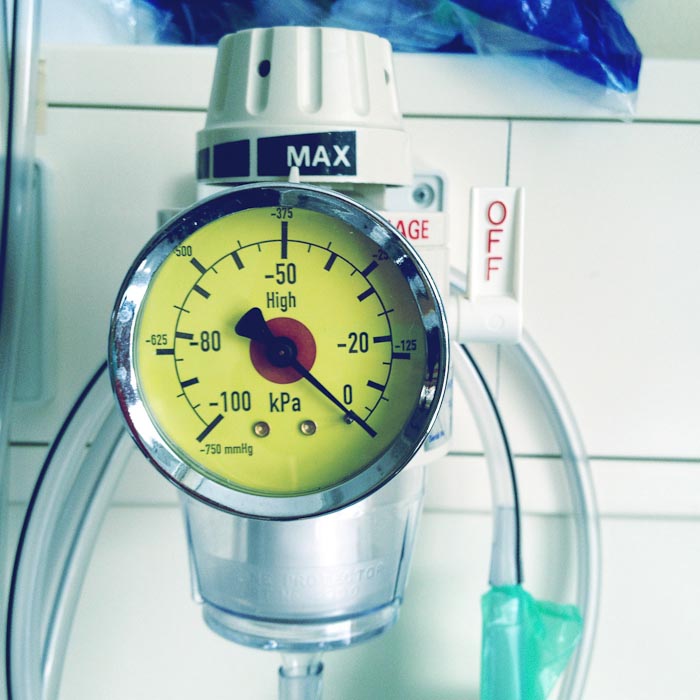The UK healthcare system was just a small paragraph or two in my Life in the UK studies (passed the test by the way!). But I have a lot to say on this topic so it gets its own post. You see I know a lot about health care systems. In university, I studied health care administration at both the Bachelors and Masters levels and I worked in the American health care industry for years at variety of insurance companies, hospital organizations, and physician practices. But more importantly than that, I use a lot of healthcare services. A lot. That what happens when you have a chronic disease.
And, for me, I prefer the UK system, a two tier system combining what I think is the best of public and private. Access to a standard of care for everyone and access to amenities for those willing and able to pay for them. Don’t get suckered into believing all the “socialist” propaganda you see in the American media. Unless you’ve experienced living in a country where they have public health system, you really don’t know. You’re speculating and speaking out of fear. I’m not saying the UK system is perfect, it’s not. But I left a full-time job to become a stay at home mother and did not worry that I’d become uninsured and lose access to doctors and medicine. What I do worry about is ever returning to the US where I would likely be uninsured or find myself paying exorbitant insurance premiums.
How a Public / Private Partnership Can Work
The National Health Service (NHS) has been in place since 1948 providing access to care for everyone, funded by taxes, and free to everyone at the point of use (except for prescriptions and dental care). But there is also a booming private healthcare industry in the UK. Private companies that provide health insurance and build their own hospitals and medical centers. But the important distinction is that this insurance is in addition to, not instead of. So for example, things like basic maternity care are typically not covered by private insurance (at least not by mine). These basic services fall squarely in the lap of the NHS.
Private health insurance is available to anyone with the means to pay for it privately and many employers now offer it as a perk, an enticement to come work for them in today’s competitive environment. I’ve had the luxury of having private health insurance, first through my employer and then on my own (and it’s affordable). But here’s the difference, I know that without this, I will still have access to all the care I need, still have access to the same doctors. So why even bother with private medical insurance?
Well, because I’m making a conscious decision to pay out-of-pocket for something which the NHS doesn’t offer, something that I value. Amenities. The biggest difference I see between the care in the US and the care in the UK, it’s all superficial. It’s in the aesthetics and the amenities. The waiting room chairs at NHS facilities are straight out of the 1970s, worn and tattered, and the decor plain and dull. There aren’t posh waiting rooms with aquariums and fancy maternity suites that serve you steak and champagne. But absolutely none of this relates to the quality of care I receive. In fact, I’ve been seeing doctors in America for years with my Crohn’s and it wasn’t until I moved here that I finally found one who genuinely took an interest in my health outcomes and me as a person. A doctor who is on the leading edge of Crohn’s research and treatment and one of the world’s leading experts on my disease, all on the NHS. But a stay in a private hospital, well, it’s admittedly a more pleasant experience. But it’s an experience for which I fully understand the premium I’m paying.
And here is fundamentally where I think the American system has gone wrong. Americans expect to have nice furnishings in the hospital, they want to feel nice and cozy as if they were at home. They want to sit in a doctor’s office surrounded by designer furniture. But how many people put two and two together to understand where the money comes from to pay for those amenities? Is free TV in every room really worth having people in society that have to make decisions around whether to buy medicine or food?
Follow the Money
The current debate in America around the Affordable Healthcare Act is frankly just partisan nonsense fueled by the influence of special interest groups. All you have to do is follow the money. Insurance companies, drug companies, and hospitals aren’t altruistic organizations. They are not in the business of making you healthy. Insurance companies in particular are in the business of figuring out how NOT to pay for your health care services because that’s how they make money. I once worked for a HMO and I left after a very short time. I watched decisions get made in the interest of profit and not in the interest of people’s health, and, well, it made my skin crawl. These organizations must be profitable in order to support the demands of their shareholders and American consumers that expect a Rolls Royce at Honda prices. And they have large influential interest groups that make sure politicians find it difficult, if not impossible, to make policies that restrict their ability to make money, especially in a political environment seemingly incapable rational bi-partisan compromise.
I’m certain that the Affordable Healthcare Act isn’t perfect and has many flaws. But it is a step towards making healthcare accessible to everyone within the constraints of the system that’s in place. Would it be better to start from the ground up creating something like the two tier system in the UK? I think so. Because in my opinion having so many intermediaries in between an individual and accessible healthcare is inescapable minefield. But you can’t just eliminate a $800 billion industry and the jobs it provides overnight.
What Dentistry Tells Us
Interestingly, I think dentistry is a perfect example of how when you truly understand how much you’re paying for something, you reassess how important it really is. Unlike general health services, dental care is not a free service through the NHS, except for certain groups like kids under 18. But in America it’s very common for employers to offer dental insurance alongside general health insurance. So the dental industry is thriving in America, giving everyone hollywood teeth and outfitting dental offices with in chair TVs and aromatherapy. You might pay a few dollars a month in dental premiums and your employer subsidizes the rest. So you go to your swish dentist office and aren’t too concerned by how much it costs because your insurance pays for most of it.
But the Brits, well I’m sure you’ve heard of their stereotypically “bad teeth.” Because to get regular dental care as an adult, you have to pay for it with your own hard-earned money. So you think twice before going to the dentist for a regular checkup. You shop around and find a dental practice that provides the quality of care you want at a price that’s in your budget. And you don’t mind if the waiting room chairs aren’t the latest in modern furnishings as long as they’ve spent their money on the right things, the equipment and the staff.
Because after all, everything looks different when you’re spending your own money and not someone else’s.
This is part of my ongoing series about understanding life in the UK, an exercise that’s helping me study for my Life in the UK test. Plus, I thought it would be interesting to share some facts and observations about this country I’m living in before it takes the world stage next month when the Olympics come to town.




